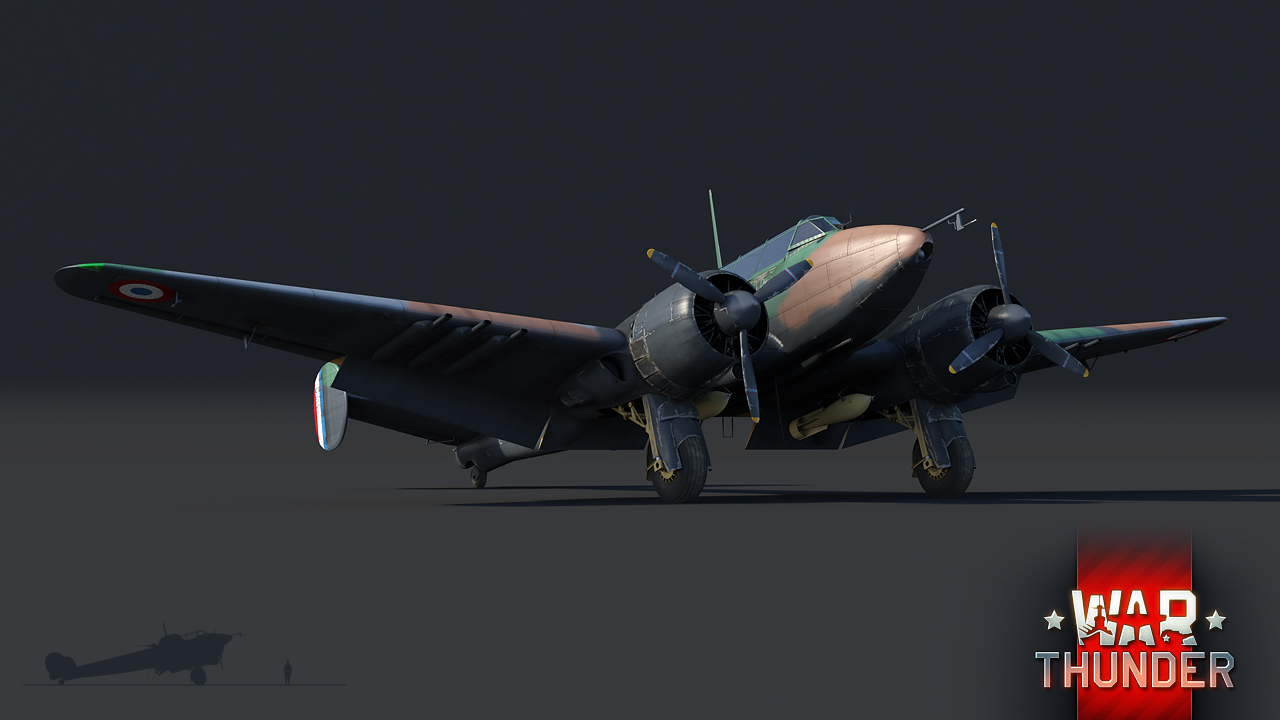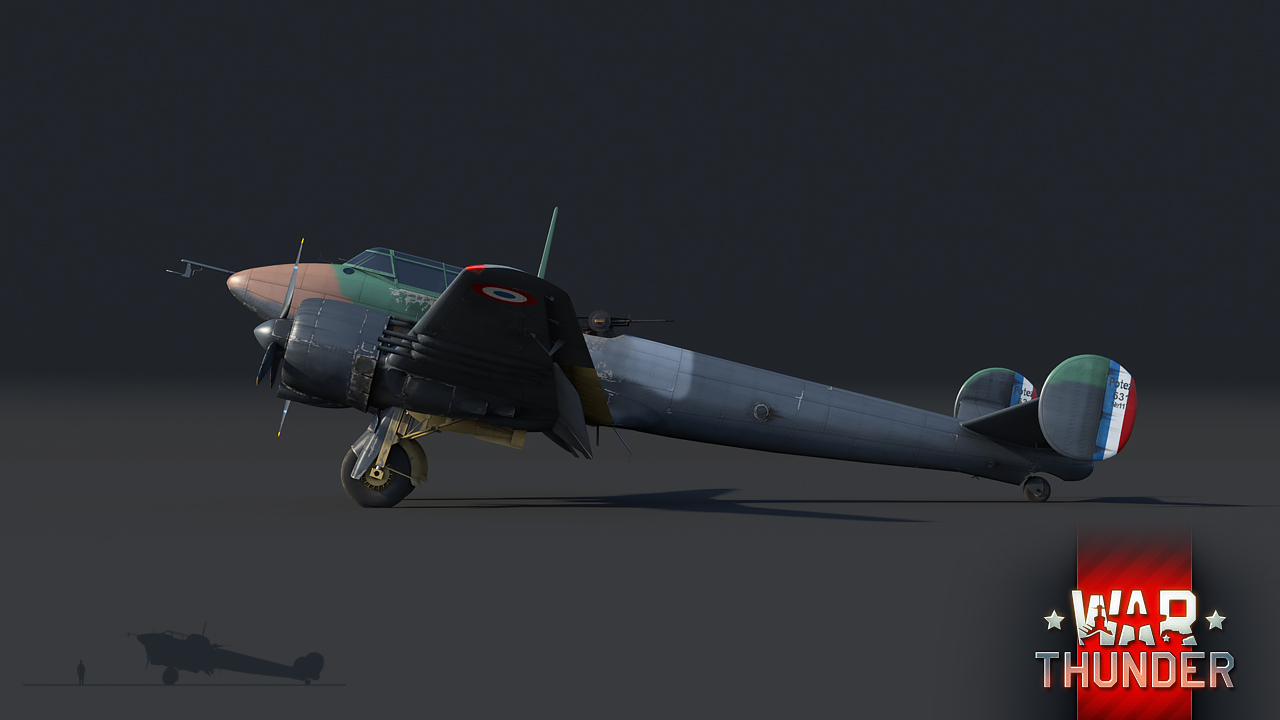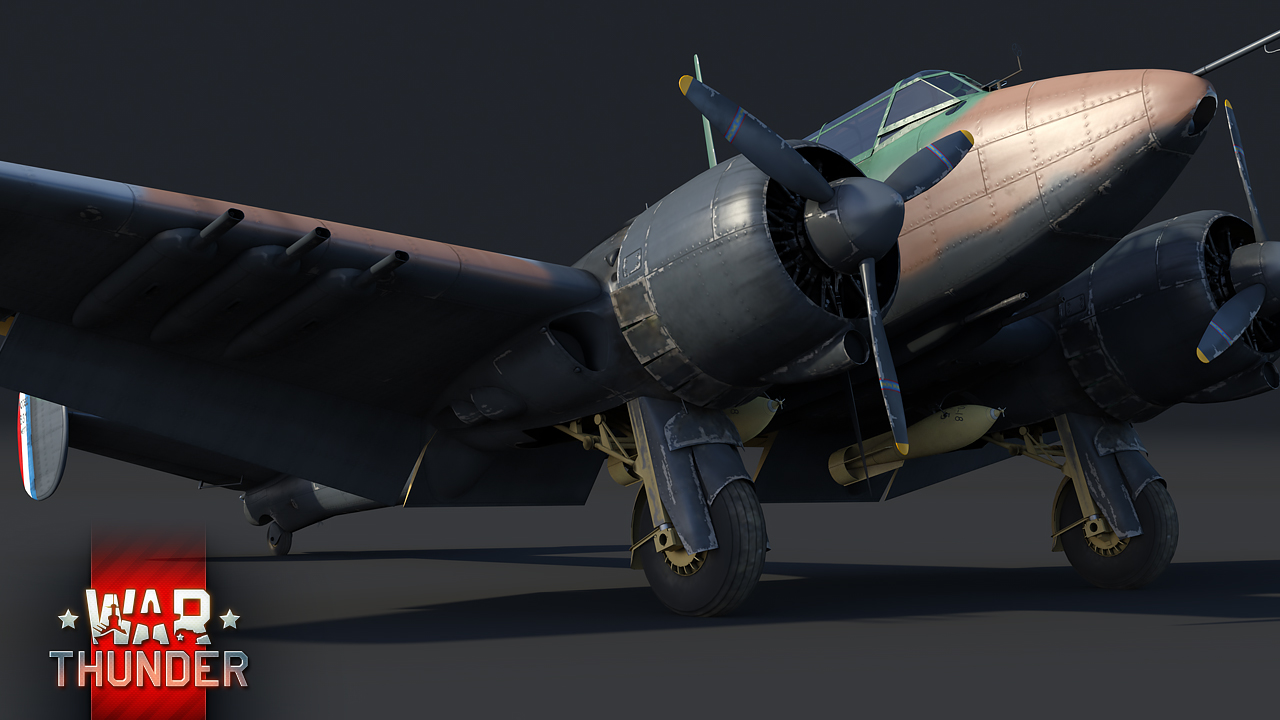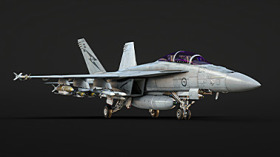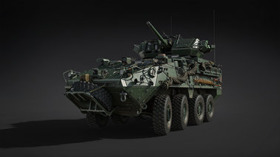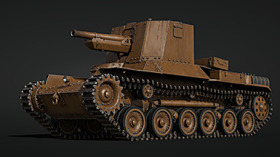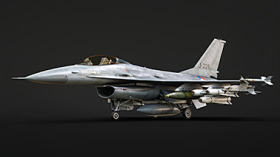
- For PC
- For MAC
- For Linux
- OS: Windows 10 (64 bit)
- Processor: Dual-Core 2.2 GHz
- Memory: 4GB
- Video Card: DirectX 11 level video card: AMD Radeon 77XX / NVIDIA GeForce GTX 660. The minimum supported resolution for the game is 720p.
- Network: Broadband Internet connection
- Hard Drive: 23.1 GB (Minimal client)
- OS: Windows 10/11 (64 bit)
- Processor: Intel Core i5 or Ryzen 5 3600 and better
- Memory: 16 GB and more
- Video Card: DirectX 11 level video card or higher and drivers: Nvidia GeForce 1060 and higher, Radeon RX 570 and higher
- Network: Broadband Internet connection
- Hard Drive: 75.9 GB (Full client)
- OS: Mac OS Big Sur 11.0 or newer
- Processor: Core i5, minimum 2.2GHz (Intel Xeon is not supported)
- Memory: 6 GB
- Video Card: Intel Iris Pro 5200 (Mac), or analog from AMD/Nvidia for Mac. Minimum supported resolution for the game is 720p with Metal support.
- Network: Broadband Internet connection
- Hard Drive: 22.1 GB (Minimal client)
- OS: Mac OS Big Sur 11.0 or newer
- Processor: Core i7 (Intel Xeon is not supported)
- Memory: 8 GB
- Video Card: Radeon Vega II or higher with Metal support.
- Network: Broadband Internet connection
- Hard Drive: 62.2 GB (Full client)
- OS: Most modern 64bit Linux distributions
- Processor: Dual-Core 2.4 GHz
- Memory: 4 GB
- Video Card: NVIDIA 660 with latest proprietary drivers (not older than 6 months) / similar AMD with latest proprietary drivers (not older than 6 months; the minimum supported resolution for the game is 720p) with Vulkan support.
- Network: Broadband Internet connection
- Hard Drive: 22.1 GB (Minimal client)
- OS: Ubuntu 20.04 64bit
- Processor: Intel Core i7
- Memory: 16 GB
- Video Card: NVIDIA 1060 with latest proprietary drivers (not older than 6 months) / similar AMD (Radeon RX 570) with latest proprietary drivers (not older than 6 months) with Vulkan support.
- Network: Broadband Internet connection
- Hard Drive: 62.2 GB (Full client)
War Thunder rolls out new, seventh nation with French aircraft to be released with the next Update 1.73.
The Potez P.630 and P.631 are sibling heavy fighter designs, developed in the mid 1930s for the French military. At the outbreak of WW2, this aircraft, along with several others, formed the backbone of the French air force at the time. Coming with Update 1.73, the Potez P.631 will strive to take up this vital role once again with the introduction of the much anticipated French nation to War Thunder!
Development of the Potez P.630 and its variants began in the mid 1930s, after the French Ministry of Air issued specific requirements for the development of a new heavy fighter for the French air force. Specifically, the Ministry was looking for an aircraft that could both be used during day and night time operations, as well as being able to effectively conduct escort missions, whilst possessing good combat endurance, speed and armament. Several French aircraft manufacturers answered the call, Potez being one of them. The Potez company developed two, nigh identical, aircraft that followed the specifications closely - namely, the Potez P.630 and P.631. As previously mentioned, both aircraft shared the same design concept, differing only in the powerplant choice as well as some other minor design features. The P.630 was equipped with Hispano-Suiza 14A engines, whilst the P.631 received a pair of Gnome-Rhône 14M engines. The Gnome-Rhône engines, whilst being inferior in power output to the Hispano-Suizas, were at the same time, smaller, lighter, and more reliable. However, as the Hispano-Suiza engine was readily available, it was decided that the first prototype (P.630-01) would be equipped with a pair of those engines.
Work on this initial prototype began in April 1935, with the maiden flight taking place on 25 April 1936.In mid 1937, the first production orders were placed for the P.631. However, as it would still take some time to achieve large-scale production of the Gnome-Rhône 14M engines, orders were also placed on the alternative P.630 design equipped with Hispano-Suiza engines. Full-scale serial production of the P.630 and P.631 wouldn’t start until June of the same year, with the first production versions being accepted into service with the French air force in early 1938. Some P.631 were also transferred to the French Naval Aviation units as replacements for the outdated D.371. Following the Invasion of France in 1940, many front-line P.630 and 631 units were pulled back from frontline service due to major losses at the hands of the superior German fighters. Instead, the aircraft were temporarily assigned to night time operations, serving as dedicated night fighters. In the end, around 300 Potez P.630 and P.631 heavy fighters were manufactured between 1938 - 1940.
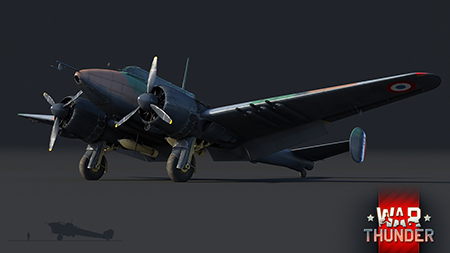 |
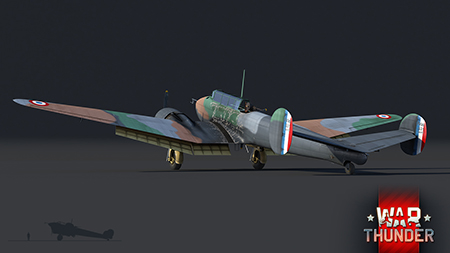 |
In War Thunder, the Potez P.631 will be among the first aircraft that connoisseurs of French military aviation will be able to sit behind the controls of in one of the upcoming updates to War Thunder. Unlike two contemporary aircraft, like the Bristol Blenheim and Bf 110, which were designed purely as bombers and fighters respectively, the P.631 was intended to do a little bit of everything. However, as the heavy fighter role was what the P.631 was designed for, it’s unsurprising that operational range, speed and firepower was put at the forefront during its development. That being said, when speed is concerned, the P.631 can reach a maximum speed of 442 km/h in level flight at medium altitudes, thanks to the power generated by the two reliable Gnome-Rhône 14M radial engines. Interestingly, the same engines were used on the German Hs 129B attacker.
Download wallpaper: 1280x1024 | 1920x1080 | 2560x1440
The primary armaments on the P.631 varied throughout its life in calibre and quantity, always depending on the availability of required weapons as well as intended usage. The P.631 that we plan to introduce to War Thunder in the near future will be equipped with the early production loadout of six 7.5mm machine guns, complemented by a pair of Hispano-Suiza 20mm cannons, mounted underneath the aircraft’s nose. For engaging ground targets, the P.631 could also be equipped with a secondary loadout consisting of a pair of small calibre bombs. The omni-purpose nature of the P.631 not only allows the aircraft’s pilot to find and engage various targets freely, regardless of the mission, but also represents a very good platform for novice pilots to familiarise themselves with the basics of combat flying. In fact, the aircraft was so suitable for novice pilots, it was used extensively in its service life as a trainer aircraft. With that said, we hope that the Potez P.631 will prove itself as an enjoyable aircraft to play with for new and veteran players alike!
Be on the lookout for the Potez P.631 on the starting ranks of the brand new French aviation research tree coming to War Thunder with the upcoming update 1.73. Stay tuned to the news to find out what’s still in store for War Thunder’s next major update. Until then!
Follow our devblog to find out more about new additions to War Thunder in Update 1.73:
- French aircraft in update 1.73!
- Dewoitine D.371: Aerial Trickster (Pre-order available)
- SO.8000 Narval - Spearheading The Attack (Pro-order available)
The War Thunder Team
